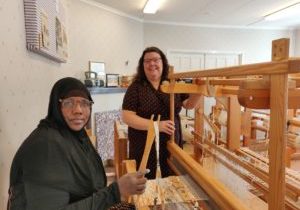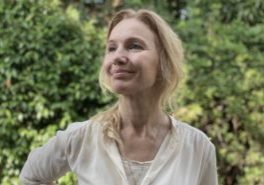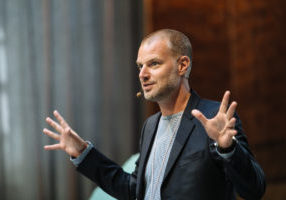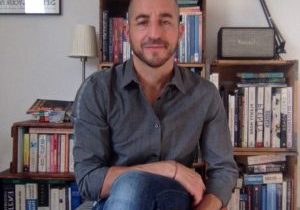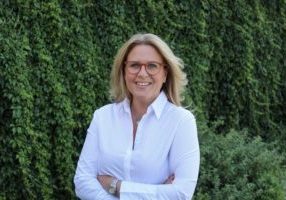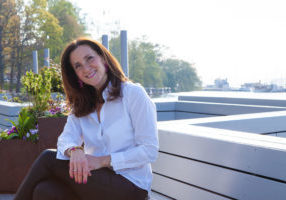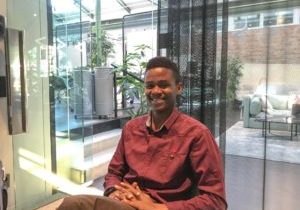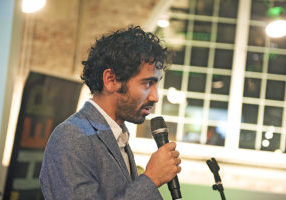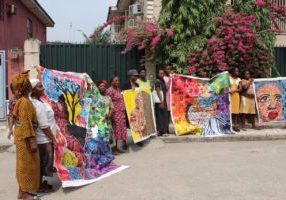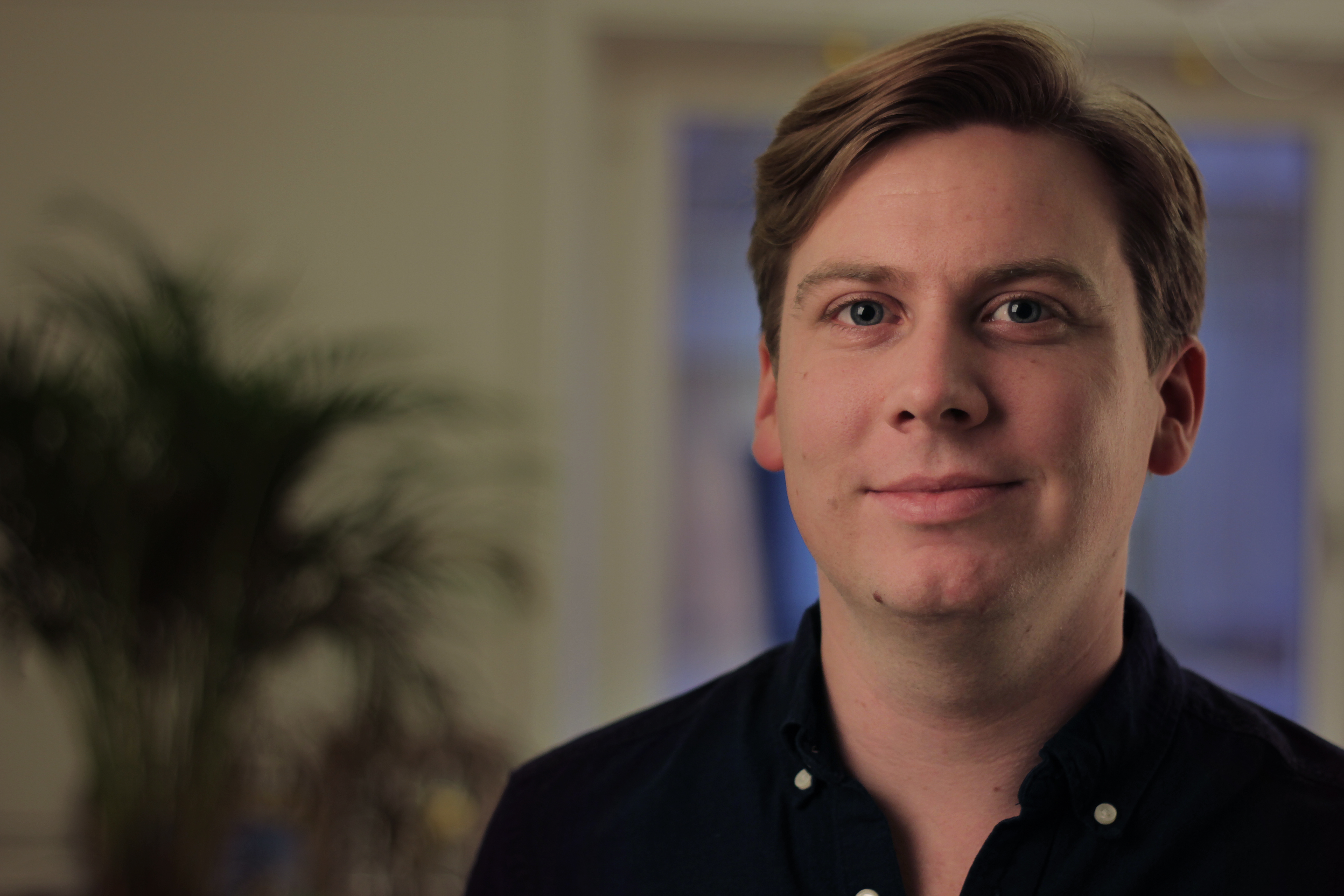
Meetings between the young and the old
January 24, 2018 - Interviews
Difficulties for young people to find a first job, and the lack of meaningful human interaction for older people living in Swedish care homes, led to the idea of social enterprise Ung Omsorg. We met up with co-founder Benjamin Kainz as part of our Baltic project exploring the social entrepreneurship eco-systems in Sweden, Latvia and Belarus, to hear his story and learnings.
Ung Omsorg solves both the issue of youth unemployment as well as old people in care homes feeling lonely, how did you come up with the business idea?
We had seen these issues first-hand as finding a job whilst still being under 18 years of age proved to be very difficult. And with a grandfather in Germany and a grandmother in Malmö, the long distances meant there was not much regular contact with my own grandparents. We realised we could combine these two issues by setting up a business that would employ young people to spend time with elderly people in care homes. The youngsters spend time with the elderly, go for walks, play board games, read the paper, or meet over a cup of coffee to chat about life, giving the often very lonely older people the meaningful human interaction they are missing. And the youngsters are able to get work experience, helping them develop important skills for their future lives and careers. We also aim to get more young people interested in social services and care, making it a more attractive future career choice.
How has the business evolved over the years?
After a couple of pilot projects in 2007 and 2008, we established an ongoing partnership with private care company Vardaga. We were young but had energy, a will, and a new way of thinking that Vardaga bought into. They trusted us and let us run with our idea, which allowed us to implement steady organic growth without rushing. And after four exclusive years with Vardaga, we were ready to grow with municipalities and started setting up partnerships across the country. Municipalities had seen decreasing numbers of youngsters wanting to get into healthcare and social services so knew they needed solutions that could tackle this. They also wanted solutions to help youngsters gain work experience and make some money before turning 18, so our solution was a good option. Today we work with 13 municipalities, and we employ 1,029 youngsters that work in 113 care homes all over Sweden.
What have been your key learnings from running Ung Omsorg?
Working with municipalities especially means that everything takes a lot of time, but we’ve seen the partnerships as mutual learning and we have shown patience. We have explored other ventures and side activities but have learned the importance of not trying too many things at once, finding what you’re good at and doing it well. Staying true to your core mission even if others start suggesting other things you could be doing.
It can be hard knowing when and how to start a business, what made you go for it in the first place?
We were young, we weren’t scared and we dared to try – there isn’t as much risk involved when you’re a student! It was really useful to try things early, and we learned to be calm and not rush things.
Any other tips for aspiring and fellow entrepreneurs?
Work with something you’re passionate about. And do it with people you like as you will spend a lot of time with them! Also for social entrepreneurs, dare to be more business-like. Remember to think as a company, and think long-term.
Photo credit: Ung Omsorg

